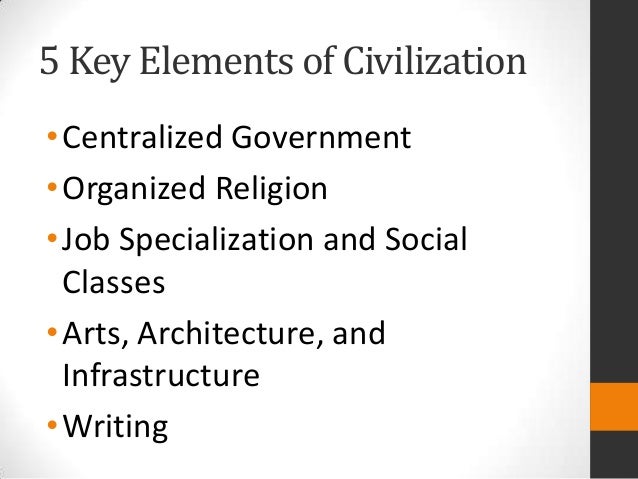

Fredy Perlman retells the ancestries, and progress of civilization perceived as the organized self-enslavement and self-alienation of societies. The beginning, the middle and highest point, then the end. Paul Kriwaczek shows civilization in the perspective that everything is a version of playing, and he puts it simply. With that in mind each of these authors show a different insight into this development.


So I’ll start with the question, “What is civilization?” civilization is the stage of human social development and organization that is considered more advanced. Starting from the beginning leading to the highest point in progress, then the quick downfall, The only difference is their point of view and what they thought civilization was based on the material they’ve collected and others work they’ve reviewed. Amongst the three books we’ve read and discussed the key similarity between them are civilizations.


 0 kommentar(er)
0 kommentar(er)
